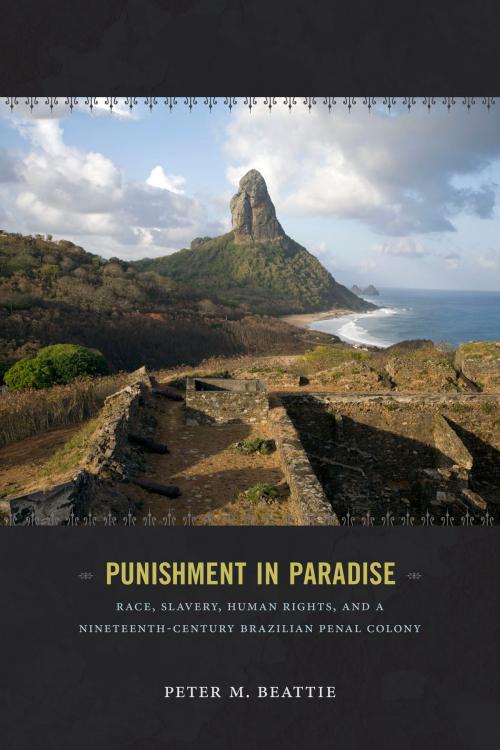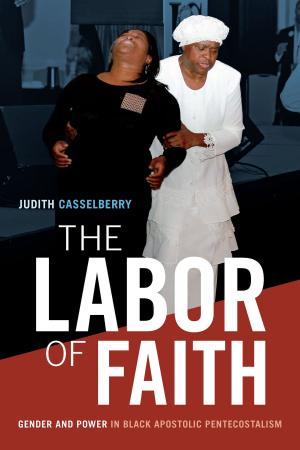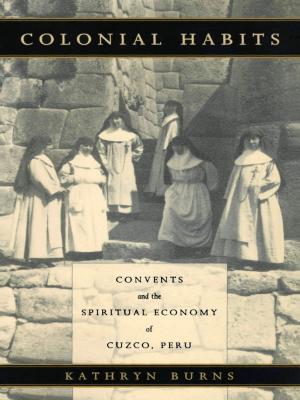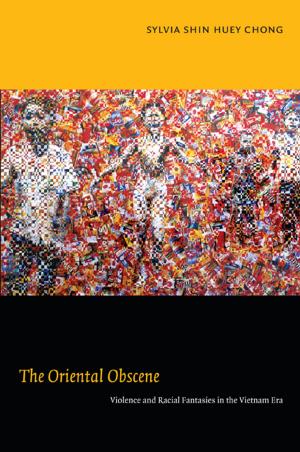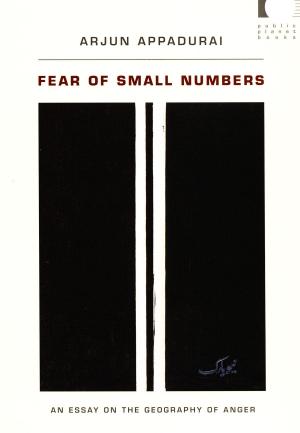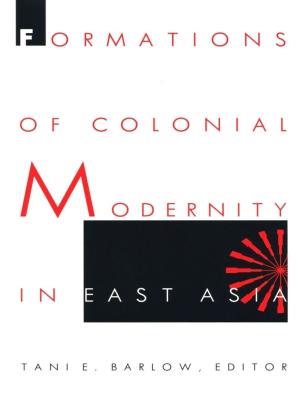Punishment in Paradise
Race, Slavery, Human Rights, and a Nineteenth-Century Brazilian Penal Colony
Nonfiction, Social & Cultural Studies, Social Science, Crimes & Criminals, Penology, History, Americas, South America, Discrimination & Race Relations| Author: | Peter M. Beattie | ISBN: | 9780822375890 |
| Publisher: | Duke University Press | Publication: | April 20, 2015 |
| Imprint: | Duke University Press Books | Language: | English |
| Author: | Peter M. Beattie |
| ISBN: | 9780822375890 |
| Publisher: | Duke University Press |
| Publication: | April 20, 2015 |
| Imprint: | Duke University Press Books |
| Language: | English |
Throughout the nineteenth century the idyllic island of Fernando de Noronha, which lies two hundred miles off Brazil's northeastern coast, was home to Brazil's largest forced labor penal colony. In Punishment in Paradise Peter M. Beattie uses Noronha as a case study to understand nineteenth-century Brazil's varied social and cultural values, especially in relation to justice, class, color, civil condition, human rights and labor. As Brazil’s slave population declined after 1850, the use of colonial-era disciplinary practices at Noronha—such as flogging and forced labor—stoked anxieties about human rights and Brazil’s international image. Beattie contends that the treatment of slaves, convicts, and other social categories subject to coercive labor extraction were interconnected and that reforms that benefitted one of these categories made them harder to deny to others. In detailing Noronha's history and the end of slavery as part of an international expansion of human rights, Beattie places Brazil firmly in the purview of Atlantic history.
Throughout the nineteenth century the idyllic island of Fernando de Noronha, which lies two hundred miles off Brazil's northeastern coast, was home to Brazil's largest forced labor penal colony. In Punishment in Paradise Peter M. Beattie uses Noronha as a case study to understand nineteenth-century Brazil's varied social and cultural values, especially in relation to justice, class, color, civil condition, human rights and labor. As Brazil’s slave population declined after 1850, the use of colonial-era disciplinary practices at Noronha—such as flogging and forced labor—stoked anxieties about human rights and Brazil’s international image. Beattie contends that the treatment of slaves, convicts, and other social categories subject to coercive labor extraction were interconnected and that reforms that benefitted one of these categories made them harder to deny to others. In detailing Noronha's history and the end of slavery as part of an international expansion of human rights, Beattie places Brazil firmly in the purview of Atlantic history.
